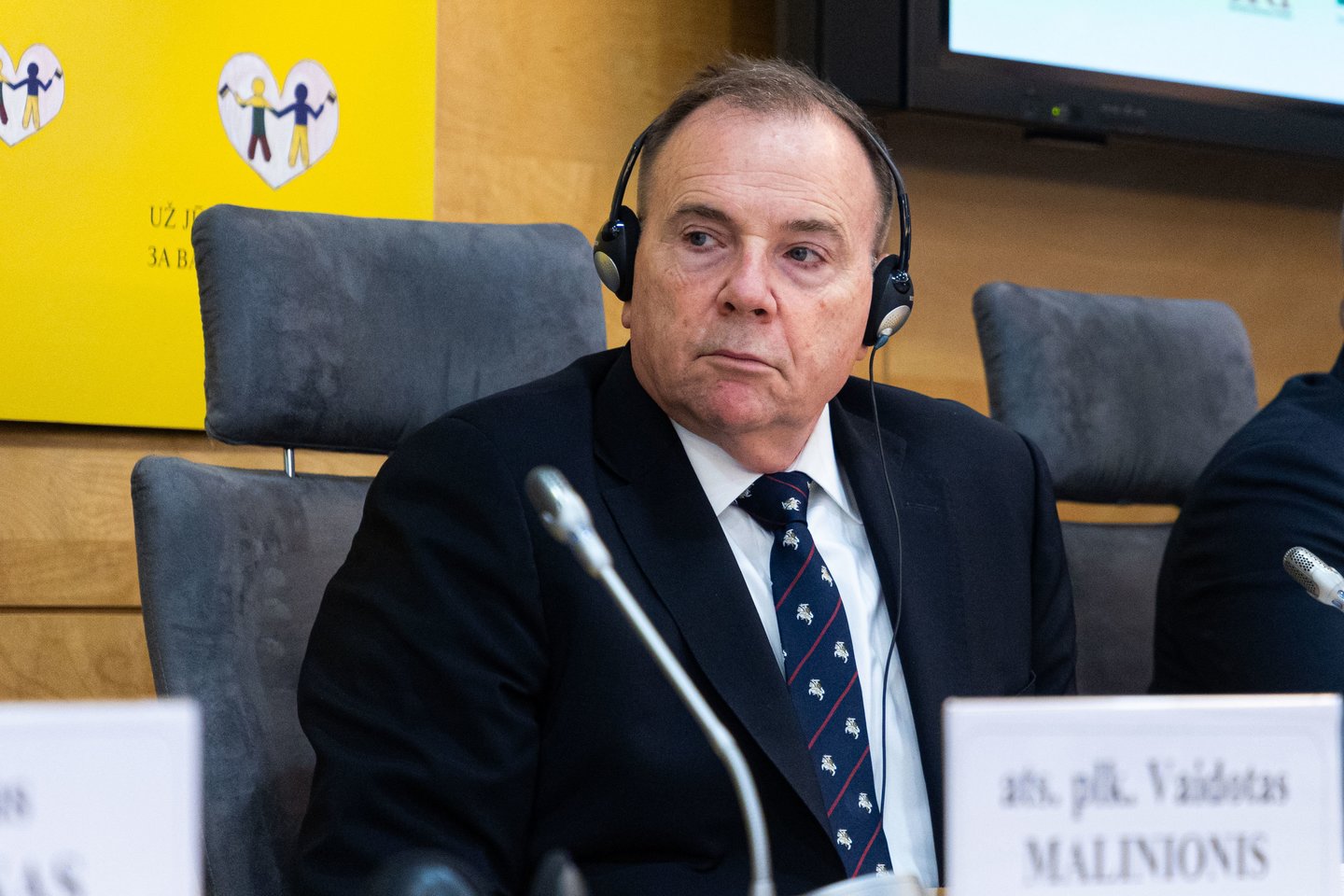Therefore, he maintains his position and stresses that in the worst-case scenario, Lithuania may have to fight without allied reinforcements for some time.
This is how the former Commander of the US Ground Forces in Europe elaborated his thoughts during the Vilnius Security Forum on Friday. At the time, Hodges said Lithuania needed to be prepared to face the enemy on its own for at least two weeks.
„My analysis was based on the fact that there are indeed NATO regional plans that provide for rapid reinforcements and my knowledge of the region and geography. It is also based on the knowledge that Poland will not allow any of its forces to cross the Lithuanian border in the event of a crisis, including US tanks in Poland... This is Polish policy“, said Hodges, whose thoughts were shared on Facebook by one of the Forum organisers, retired Colonel Vaidotas Malinionis.
„Therefore, as I stressed in my comments, in case of a worst-case scenario (i.e. minimal warning, difficulties in moving US, UK or German troops to Lithuania), Lithuania should be ready to fight what is already on its territory within two weeks“, the post reads.
Hodges added that his warnings aimed to draw the attention of Lithuanian strategists and ensure that the country would be ready to counter initial enemy attacks within two weeks. This, he said, requires a modern, counter-attack capable force.
He also highlighted well-equipped reserves and territorial forces, as well as air defence, as necessary elements. Civilians must also be prepared for this worst-case scenario, Mr Hodges said.
„It does not mean that the day Article 5 is published, the armed forces of other NATO countries automatically appear. They will likely move as fast as they can to arrive, but that could take up to two weeks... Therefore, Lithuania mustn't be ready to fight until they arrive,“ he warned.
As previously reported, on Friday, Mr. Hodges, former Commander of the US Ground Forces in Europe, warned at the Vilnius Security Forum in the Seimas that Lithuania must be prepared to defend itself for at least two weeks during a Russian attack. According to the General, NATO's Article 5 guarantees are not automatic – the Article is activated by political will. Therefore, he noted, Lithuania must be prepared to stand its ground until allied reinforcements arrive.
However, Minister of National Defence Arvydas Anušauskas called such warnings pulled out of thin air .
„It would be good for someone to tell Hodges that there are regional defence plans with capabilities that work immediately, not two weeks later,“ Anušauskas told Elta on Saturday.
The retired general's remarks have resonated in Lithuania's political life before. At last year's Vilnius Security Forum, the former Commander of the US Forces in Europe said that the Baltic countries and Poland do not coordinate their arms purchases and buy different military equipment. He also argued that Vilnius needs to spend more for defence, which is only 2% of its GDP.
Anušauskas, who reacted to Hodges' remarks, said that the retired general was not relying on the latest information. However, Anušauskas's colleague, Minister Gabrielius Landsbergis, who heads Lithuanian diplomacy, argued at the time that Hodges's criticism should be listened to.




